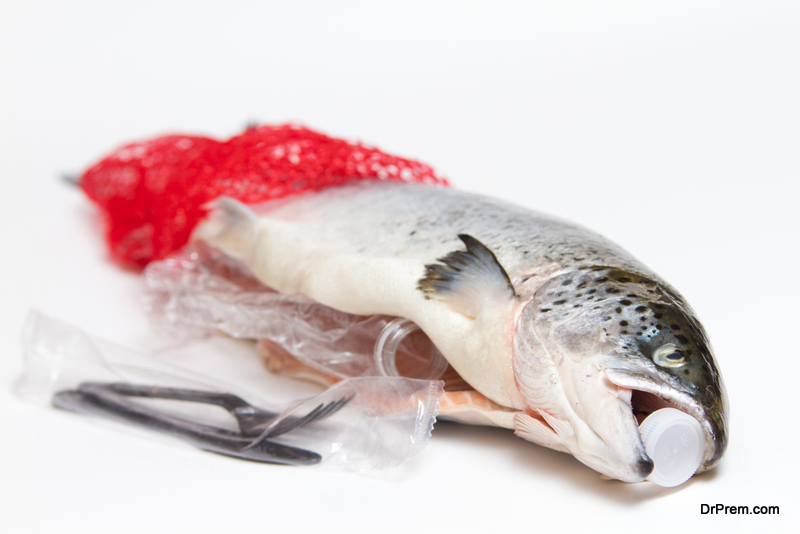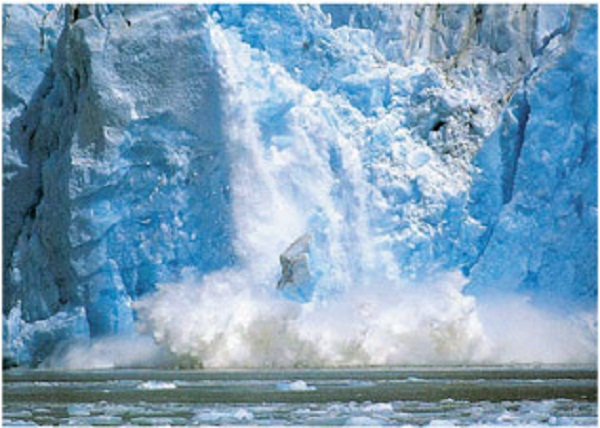Nowadays, at least as far as earth is concerned, plastic is invincible, immortal and omnipresent. In fact, even in the deepest trenches of the ocean, where the environment is so destructive, scientists found traces of plastic. Moreover, in the form of microplastics, it is invading every nook and corner of the known world. It is a crisis like situation. Banning plastic isn’t enough now. We need to also find measures to eliminate the plastic that we already brought into this world. Nevertheless, since air doesn’t carry plastic, we are still safe when compared to the beings living in the ocean. Since water carries plastic very easily, it is fast becoming a menace in our oceans.
Why you should stop eating fish?
When you enjoy that delicious grilled fish, little do you know what exactly you are eating. The fish you just ate may have consumed plastic instead of krill at sea. This has many implications on the health of humans who eat the plastic-eating fish. Scientists have discovered that approximately 50 species of fish, or even more than that, consume plastic which has found its way into the ocean.
Though the fishes don’t die even after eating huge amounts of plastic, it harms them in other ways. It was observed that their schooling behavior weakened, as did their activity rates.
Liver function too was compromised. Furthermore, it was found that toxic compounds associated with plastics transferred to fish tissues and accumulated there. This means that these toxic substances could accumulate in humans too. A study-fish eating plastic revealed the strange reason why fish are gobbling up plastic in the oceans.
Closer look at study – fish eating plastic
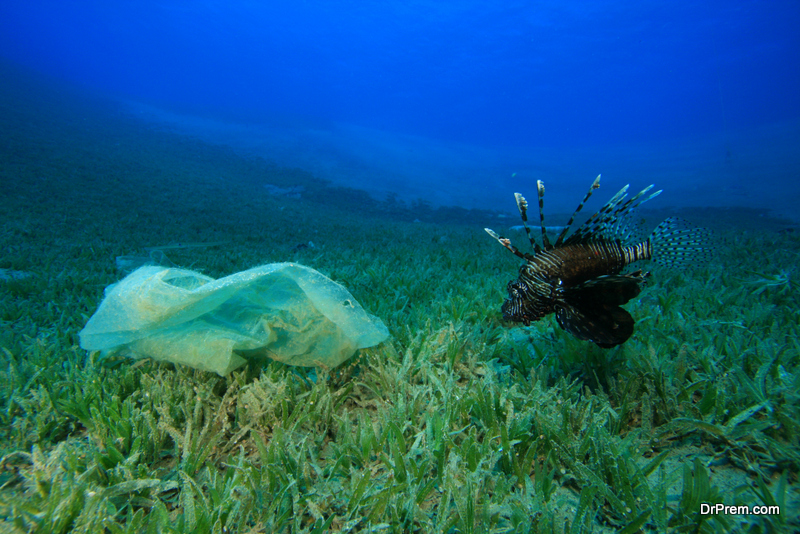 Some of the most common fish species consumed by millions of people all around the world – such as mackerel, Pacific oysters, and striped bass – ingest toxic plastic in the seas. Marine plastic pollution has been a cause of concern. However, the study’s finding has driven home the fact of how harmful plastic is to fishes and humans. But why do fish eat the plastic in the first place? Now, study – fish eating plastic has revealed that the fish eat plastic for food, because they like it!
Some of the most common fish species consumed by millions of people all around the world – such as mackerel, Pacific oysters, and striped bass – ingest toxic plastic in the seas. Marine plastic pollution has been a cause of concern. However, the study’s finding has driven home the fact of how harmful plastic is to fishes and humans. But why do fish eat the plastic in the first place? Now, study – fish eating plastic has revealed that the fish eat plastic for food, because they like it!
The anchovy experiment
Scientists at California University revealed that the phenomenon of fish mistaking plastic for food is a complex affair. The fish may be attracted to the plastic due to the smell of the plastic underwater.
Smell plays an important role
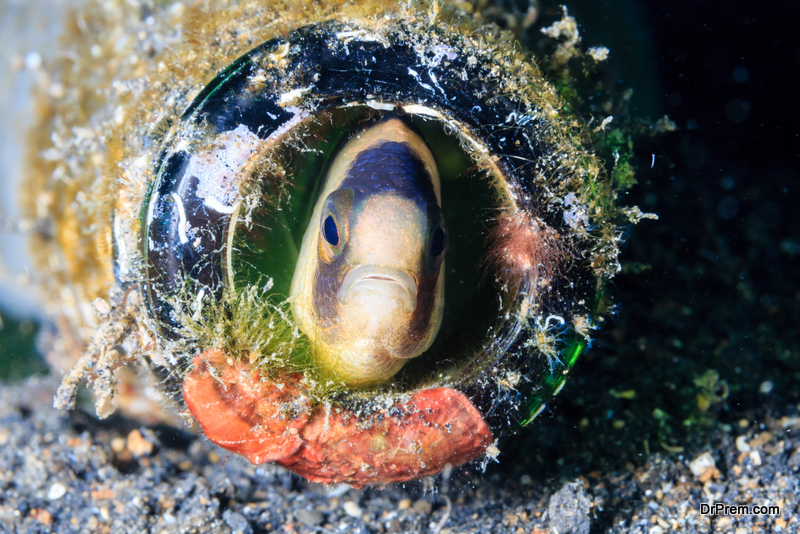 The study found that foraging behavior was triggered in anchovies by the smell of plastic. Olfaction, or the sense of smell is an extremely important sense for all marine animals. For example, sharks can smell even the tiniest traces of blood across a long distance. This helps them to find their prey. Salmon use olfaction to navigate up river. In other words, fish use smell in many behaviors, such as foraging, homing, mating, and migrating.
The study found that foraging behavior was triggered in anchovies by the smell of plastic. Olfaction, or the sense of smell is an extremely important sense for all marine animals. For example, sharks can smell even the tiniest traces of blood across a long distance. This helps them to find their prey. Salmon use olfaction to navigate up river. In other words, fish use smell in many behaviors, such as foraging, homing, mating, and migrating.
The experiment and its extraordinary outcome
In this study – fish eating plastic, the scientists chose anchovies, which were known to eat plastic. The scientists collaborated with the San Francisco Bay Aquarium. There, anchovies were being kept in ideal, healthy conditions suited for the study. When the researchers began the experiment, they had no idea whether anchovies actually looked for food based on smell.
To test their hypothesis, that of fish mistaking plastic for food, the researchers in the study soaked krill into plastic debris. Furthermore, they also soaked clean plastic into seawater for many hours. This made it possible for water to absorb plastic smell.
The taste of plastic
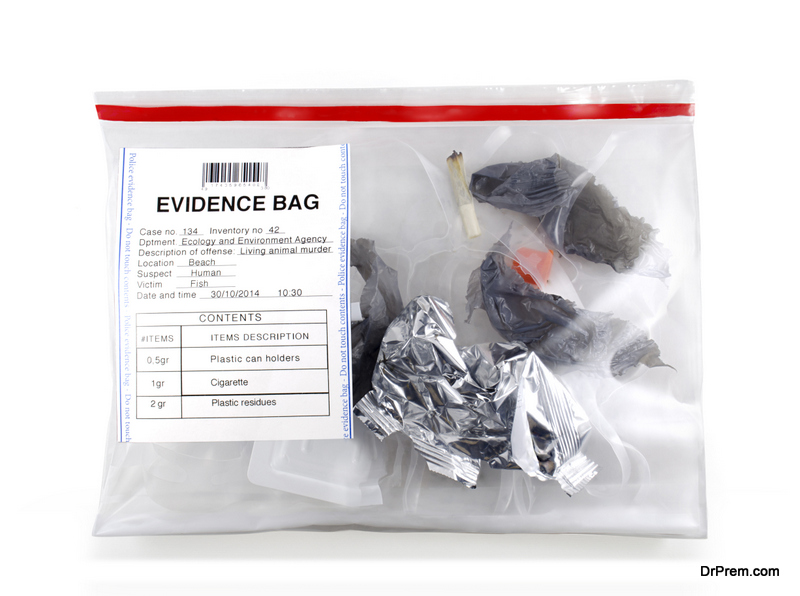
The researchers in the study – fish eating plastic hung GoPro. They do ig using a camera over their tank. This helps them in filming the fishes’ behavior from the top. They filmed the fishes responding to the different odors.
The scientists saw that the anchovies behaved in exactly the same way, when their tank was injected with krill scented seawater or when plastic scented seawater was injected into their tank. This gave the answer that anchovies and other fishes can be tricked into eating plastic because they liked the smell!
This key study – fish eating plastic is both an eye-opener and a saddening discovery. It means that fish may be eating plastic because they wanted to. This means that they are not eating it by accident as it was previously thought. And when we eat that fish, we are also at risk, as our bodies too might absorb the plastic accumulated in the fish.
Albatross and sea turtles also are eating plastic
According to David Attenborough, it has been seen recently that when the albatross feeds its babies, it’s not squid or fish that the bird is feeding the chicks, but plastic. This is quite strange because the albatross forages thousands of kilometers in order to find their favorite food, and even then they are picking out plastic. According to researchers, it’s not just albatrosses who are being fooled, but almost 180 marine species have been observed to consume plastic. Gigantic whales as well as the tiniest plankton are eating the plastic in the oceans.
The researchers also found that plastic in the oceans release DMS or dimethyl sulfide, which is the same chemical released by krill when it eats algae. This could be another reason why the birds end up eating plastic rather than the krill, as the chemical signature of both is the same.
Size matters
The next time you eat lobsters, mussels, and other seafood, think twice, as you may also be eating the plastic indirectly. Plastic pollution facts 2018 say that 12.7 million tonnes of plastic end up in oceans every year. This huge amount of plastic present in the ocean waters and beds is also a reason why the marine creatures are gulping down so much of it. Tiny particles of plastic are being consumed by zooplankton as the size of the particles correspond to the size of their regular food. The zooplanktons just assume the plastic particles are their food because of the size.
Seeing and hearing is not believing
Unfortunately, those marine creatures like sea turtles that forage for food using their sight have started to eat plastic as well. According to a study conducted by a university in Australia, turtles mistake plastic bags for jellyfish. Whales and dolphins, who hunt by echolocation are confused and mistakenly eat the plastic.
What can we do about it?
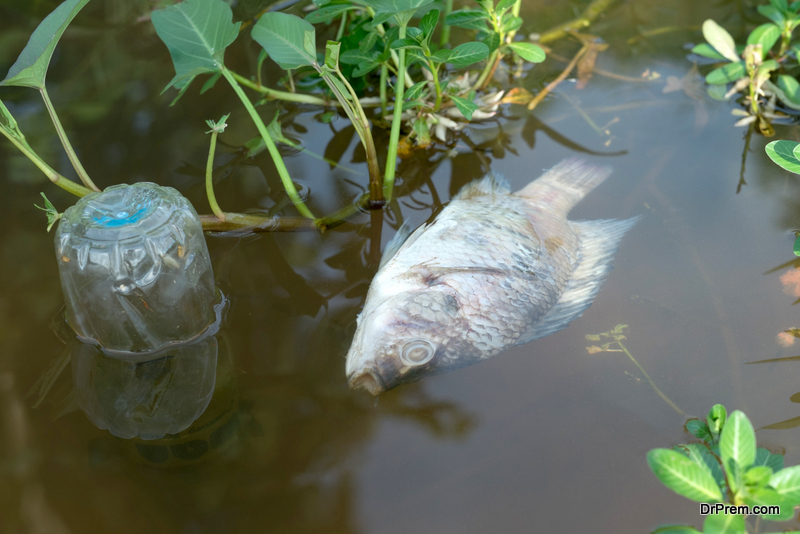 There has to be proactive action by people and governments. We have to devise methods in which we use less plastic and recycle it and prevent plastic from reaching the waterways. Those in the know have to educate those who are ignorant of the ways in which their plastic pollution affects marine life and affect their health.
There has to be proactive action by people and governments. We have to devise methods in which we use less plastic and recycle it and prevent plastic from reaching the waterways. Those in the know have to educate those who are ignorant of the ways in which their plastic pollution affects marine life and affect their health.
According to experts, by 2050, oceans will have more plastic in them than fishes. Many marine species will be destroyed due to ingesting plastic trash. If only every one of us reduce our plastic use and dispose plastic responsibly, perhaps we can avoid further pollution of the oceans.


